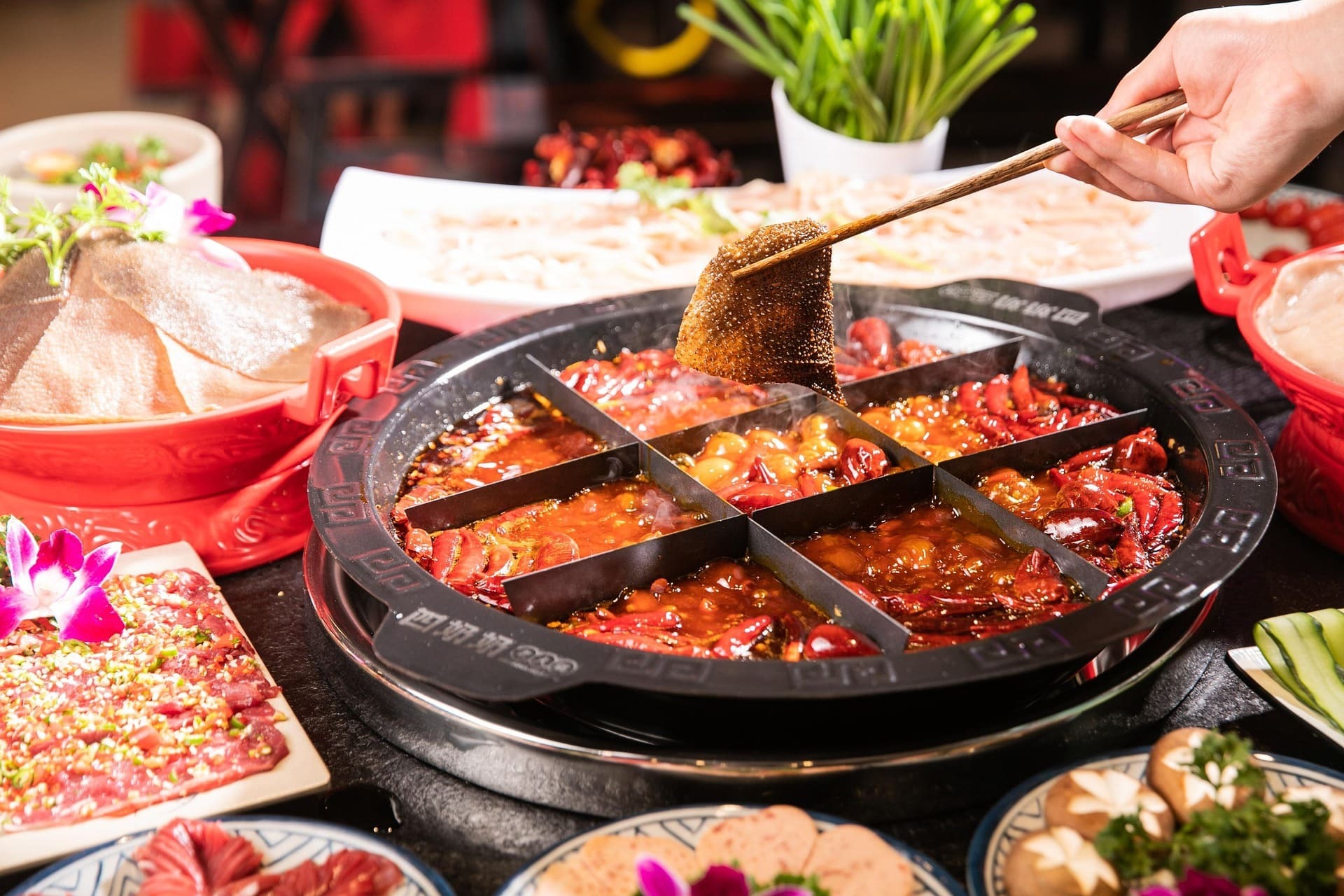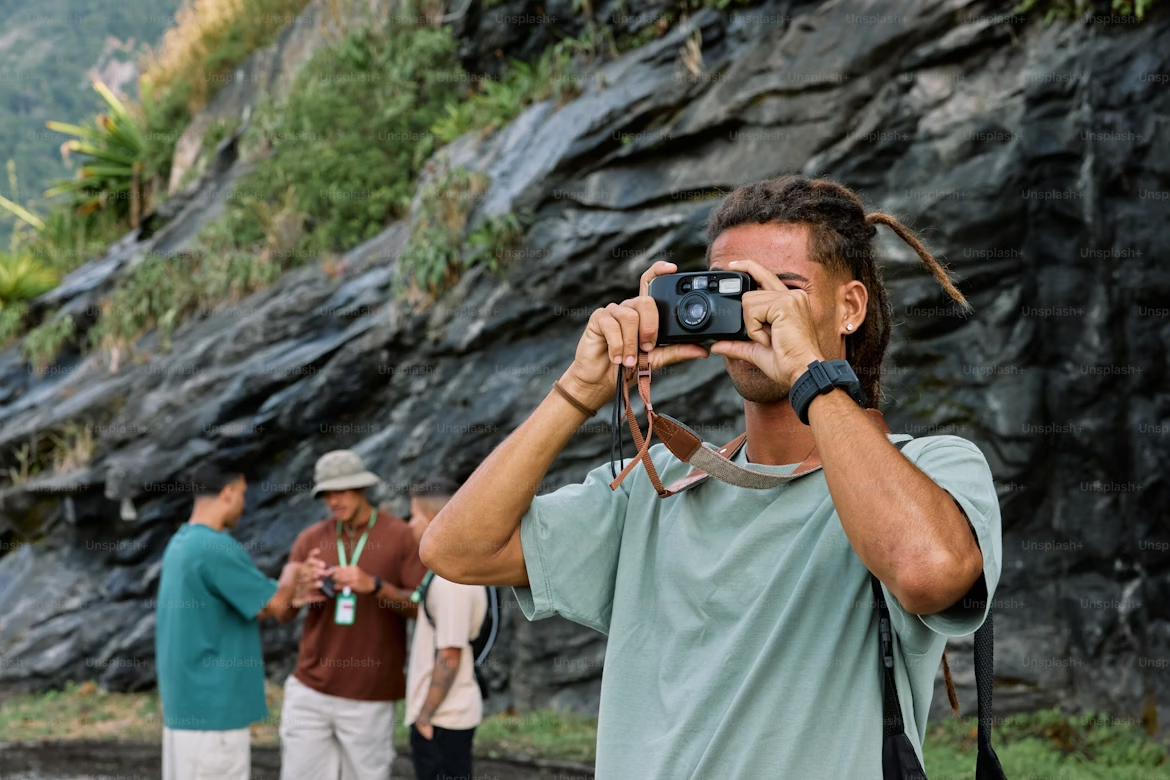Travel
6 min read
A Local’s Guide to Chongqing: Culture, Cuisine & Daily Life
July 19 , 2025
By Sienna Claire

When people think of China’s great cities, Beijing and Shanghai usually come to mind first. Yet, tucked away in the country’s mountainous southwest lies Chongqing, a sprawling metropolis unlike any other. Known as the “Mountain City” and often called China’s “Hot Pot Capital,” Chongqing is a city where ancient traditions and rapid modernization coexist seamlessly. For travelers who want to experience China beyond the usual tourist trail, Chongqing offers a fascinating blend of culture, cuisine, and daily life.
This local’s guide by Niccolo Hotels takes you into the heart of Chongqing—its people, rhythms, flavors, and unique way of life.
The Spirit of Chongqing
Chongqing is one of China’s four direct-controlled municipalities, making it as politically important as Beijing or Shanghai. Yet, it maintains a distinct identity rooted in its rugged geography and resilient people. Surrounded by misty mountains and located at the confluence of the Yangtze and Jialing rivers, Chongqing has long been a strategic hub for trade, transportation, and defense.
The city is famous for its “8D magic” urban layout—roads stacked on top of each other, buildings emerging from hillsides, and bridges crisscrossing deep valleys. Locals like to joke that GPS sometimes struggles here, but that’s part of the charm. Life in Chongqing is shaped by its geography, which fosters a sense of endurance and adaptability in its people.
Culture: Tradition Meets Modernity
Chongqing’s culture is a vibrant tapestry woven from history, art, and daily rituals.
A Revolutionary Past
During World War II, Chongqing served as China’s wartime capital, a legacy still visible in museums and historic neighborhoods like Ciqikou Ancient Town. Wandering through its stone-paved alleys, visitors find traditional teahouses, handicraft shops, and remnants of the city’s resilience during turbulent times.
Local Arts & Entertainment
The city is also known for Sichuan opera, complete with dramatic face-changing performances, fire-breathing acts, and lively music. Many theaters in Chongqing still host nightly shows, providing an accessible glimpse into traditional Chinese performing arts.
Modern Edge
Yet, Chongqing is not stuck in the past. Its skyline, dotted with futuristic skyscrapers like the Raffles City complex, rivals any global city. Shopping malls, art galleries, and design-forward cafés highlight its modern lifestyle. Locals embrace both worlds—holding onto traditional customs while celebrating innovation.
Cuisine: The Fiery Heart of Chongqing
If culture shapes Chongqing’s soul, then cuisine fuels its heartbeat. The city is synonymous with bold, spicy flavors, thanks to its love of chili peppers and Sichuan peppercorns. Eating in Chongqing isn’t just about food—it’s a social ritual, a sensory adventure, and a way of life.
Hot Pot: A Must-Experience Tradition
No trip to Chongqing is complete without trying hot pot. This communal dining experience features a simmering pot of broth—usually brimming with chili oil, dried chilies, and peppercorns—into which diners dip meats, vegetables, and tofu. The spice level ranges from pleasantly tingly to eye-wateringly fiery. Locals swear by the ritual: friends and family gather around steaming pots, dipping and chatting for hours.
Street Food Delights
Beyond hot pot, Chongqing’s street food scene is legendary:
- Xiaomian (Chongqing noodles): A humble yet flavorful bowl of thin noodles in a spicy, numbing broth.
- Chuan chuan (skewers): Meat, tofu, and veggies dipped in chili oil.
- Grilled fish: Fresh fish smothered in a rich, spicy sauce.
- Tangyuan: Sweet glutinous rice balls often enjoyed during festivals.
Food stalls buzz late into the night, reflecting the city’s vibrant night culture.
Tea Culture
Chongqing also has a strong teahouse tradition. Locals frequent these social hubs not just for tea but for conversation, card games, and relaxation. Teahouses are a window into daily life, where you’ll see students, retirees, and businesspeople side by side.
Daily Life in Chongqing
A City That Never Sleeps
Chongqing is a city in motion. Its streets teem with activity day and night, from early-morning vegetable markets to late-night hot pot dinners. The humid subtropical climate, with misty mornings and warm evenings, makes the city feel alive at all hours.
Transport and the Urban Maze
Navigating Chongqing is an adventure in itself. The city’s unique terrain means trains run through apartment buildings, elevators connect neighborhoods, and bridges link entire districts. The monorail system, particularly Line 2 at Liziba Station (where the train famously cuts through a residential tower), has become an icon of modern urban design.
Work and Play
Locals work hard—Chongqing is a hub for manufacturing and technology—but leisure is equally important. Families gather in parks for dancing, tai chi, or simply enjoying river views. Young professionals flock to shopping districts like Jiefangbei and nightlife hubs in Nanbin Road for dining, bars, and skyline views.
Festivals and Celebrations
Like many Chinese cities, Chongqing celebrates both traditional and modern festivals with enthusiasm.
- Spring Festival (Chinese New Year): Streets are filled with red lanterns, fireworks, and family feasts.
- Dragon Boat Festival: Boat races take place along the rivers, honoring local traditions.
- Hot Pot Festival: A uniquely Chongqing event where thousands gather to enjoy hot pot together—a fiery testament to the city’s culinary pride.
These celebrations embody the city’s lively, communal spirit.
Off-the-Beaten-Path Experiences
While landmarks like Hongya Cave, Ciqikou Ancient Town, and the Three Gorges are well-known, locals recommend exploring deeper:
- E’ling Park: A serene escape with panoramic city views.
- South Mountain (Nanshan): Best for nighttime cityscapes.
- Local Wet Markets: To experience the heart of daily shopping, where vendors sell everything from fresh produce to Sichuan spices.
- Yangtze River Cableway: An old but beloved mode of transport offering unique aerial views.
These experiences reveal the soul of Chongqing beyond tourist brochures.
Tips for Experiencing Chongqing Like a Local
- Embrace the Spice – Even if you’re not used to spicy food, try easing into it. Locals believe spice is part of life here.
- Use Public Transit – Monorails and ferries are efficient and fun ways to explore the city.
- Stay Hydrated – The combination of humidity and spice means water (or herbal tea) is your best friend.
- Learn a Few Phrases – While Mandarin is spoken, many locals use the Chongqing dialect. A friendly “Ni Hao” goes a long way.
- Pace Yourself – The city is vast, and hilly streets can be tiring. Take breaks at teahouses or riverside cafés.
Chongqing is a city that defies easy categorization—equal parts historic and futuristic, fiery and soothing, bustling yet laid-back. Its culture is rooted in resilience, its cuisine in bold flavors, and its daily life in communal spirit. To truly understand Chongqing is to immerse yourself in its rhythm: sip tea with locals, brave the spice of hot pot, get lost in its urban maze, and admire the mountains and rivers that shape its character.
Whether you’re a first-time visitor or a returning traveler, Chongqing offers something new each time—a reminder that this mountain city is not just a destination, but an experience with Niccolo Hotels.
live smarter
Shop smarter, live better, and stay ahead of the trends with our reliable recommendations!

Home and Decor
6 min read
Get the Safest and Cleanest Environment with Alen: Top Air Purifiers to Buy
trending
Gadgets and Tech
4 min read
AccuQuilt: Making Sewing and Quilting Easier and More Joyful
Health and Beauty
5 min read
Wondercide: Natural Protection for Your Pets
Fashion
2 min read
Lintico: Calm Fashion for Everyday Living
Home and Decor
7 min read
Acanva Home Furniture Review: Modern Designs for Stylish Living
Travel
6 min read
Travel Insurance Explained: Do You Need It, Which One to Pick
Fitness and Sports
6 min read





